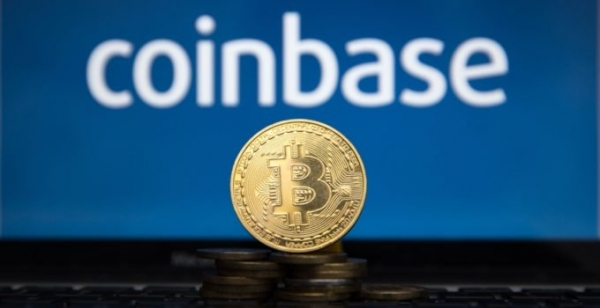
The sudden cancellation of a scheduled seminar by Coinbase, the largest cryptocurrency exchange in the United States, aimed at Korean participants has sparked a new controversy in the cryptocurrency industry. The seminar, planned by Coinbase International—a subsidiary established for global market targeting—was cancelled, presumably due to concerns over potential violations of the Specific Financial Information Act (Special Act). Concurrently, Wemade, the operator of the cryptocurrency Wemix, is under prosecution investigation for suspicions of operating without registering as a cryptocurrency business operator, highlighting the issue of regulatory compliance in the cryptocurrency market.
Coinbase had planned a private event in a hotel in Songpa-gu, Seoul, targeting domestic investors, but this move has led to allegations of violating the Special Act, given that marketing activities in South Korea require reporting to the Financial Intelligence Unit (FIU) under the Financial Services Commission as a Virtual Asset Service Provider (VASP). Coinbase’s attempt at marketing without compliance is in line with past incidents where foreign exchanges faced investigation by the FIU for similar violations.

On the other hand, Wemade faces prosecution investigation following the resumption of Wemix’s won trading, over allegations of operating without proper registration. The core issue involves ‘PLAY WALLET,’ a wallet service, and ‘PNIX DEX,’ a trading exchange operated by Wemade, which were not registered as business operators. While Wemade asserts that all its wallet services operate as decentralized services without control over individual keys, hence not subject to registration, the investigation has reignited trust issues regarding the Wemix ecosystem.
These controversies surrounding cryptocurrency exchanges for alleged regulatory violations underscore the uncertainty in the cryptocurrency market. The global operation of the cryptocurrency market necessitates adherence to various national laws and regulations. However, ensuring regulatory compliance appears to be challenging, as demonstrated by the recent



![[November]Uptober No More](https://coinhubkorea.com/wp-content/uploads/2025/10/Whisk_d78880efb01a730907f4be201effefe1dr-1-100x70.jpeg)


